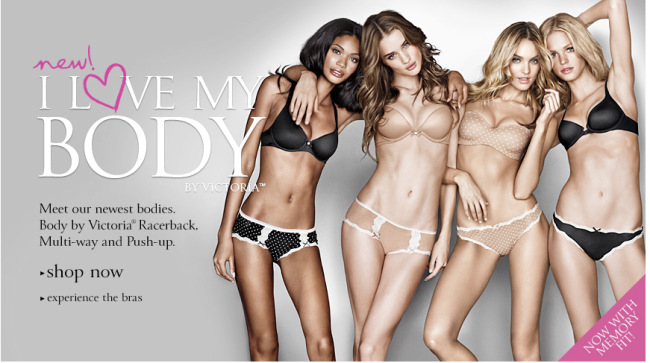After reading some of my classmate’s blogs, I’ve noticed that many of them agree with my opinion that satirical news reporting like The Colbert Report and The Daily Show are useful additions to the public sphere. In fact, some also said that they are just as informational as the regular news. Tara Wilken even goes so far as to ask “if these shows did not exist how many people would actually know what is happening within their government”. I know for sure that without watching the few episodes of The Colbert Report that I have, I wouldn’t know half of what I do about politics. These shows capture attention in a way that regular news shows can’t. They make you laugh but also make you think about what is being said. According to Ashley Gamsby, “this allows for a more well-rounded discussion”. I believe this is true, as shows like The Rick Mercer Report bring in different audiences from different demographics than those of the regular news, thus creating a broader amount of more educated viewers.
Haya Alsakka claims that satirical news reporting is even more reliable than the regular news, and that they cross boundaries with the criticism of anything that has a large impact on our society. She says that “only by crossing such boundaries can people fully understand an opinion different from theirs”, which brings me back to the broader audience. When people understand other opinions, they either automatically gain more understanding or they do more research on their own to create such an understanding. This only further proves the point that satirical news is very useful to the public sphere.
From the blogs that I read, it is hard to contest the idea that satirical news shows such as The Colbert Report and The Rick Mercer Report contribute greatly to the information base of the public sphere. They create understanding and push people to do their own research on important matters that help us as a society to grow both as a group and as individuals within a group.
